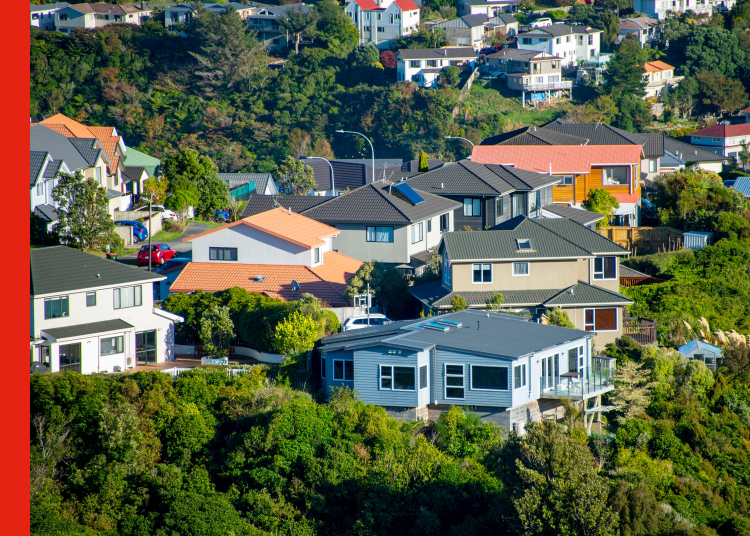
OPINION: While the economy has been in the doldrums for the past two years, the case can be made that the country’s residential housing market has weathered the economic downturn reasonably well.
Certainly, all the economic indicators are pointing to it being in good shape to move forward – if not in the last few months of this year then certainly in 2025.
Sales data for August (released by the Real Estate Institute in mid-September) was a mixed bag.
Nationally, the median house price at $765,000 was flat on a year-on year basis, as was the number of sales nationally at 5685.
However, within that overall position, five of the country’s 16 regions registered a year-on-year price increase, and if the Auckland region is excluded from the data, the rest of the country showed an increase in terms of prices and sales numbers.
It was Auckland’s year-on-year price decline of 4% and sales numbers decline of 6.8% that dragged the national numbers into negative territory.
Is the Auckland housing market under greater pressure than the rest of the country?
Based on our sales data* for the first eight months of 2024, my answer to that is a definite no.
In that period our sales numbers are up by nearly a quarter on those for last year and it is in sales numbers that I anticipate we will see the first signs of a market upturn.
Without doubt, Auckland prices fell in August, and our median sales price for the month at $953,000 was the lowest monthly price in 13 months. However, I would want to see a repeat of that price in September before viewing it as anything but a rogue month’s figure.
When I look at 2024 to date, the average monthly median sales price is $994,000. For the same eight months last year the median monthly sales price was $991,000.
Flat yes, declining no.
While the GDP data released towards the end of September painted a picture of an economy that has been through two years of challenges and difficulty, the main out-take is that the worst is now behind us.
Several bank economists have already gone public with their forecasts that the outlook for the residential property market is upwards – perhaps not in the remaining months of 2024 but definitely in 2025.
Ideally, the area of growth for housing will be in the number of sales with prices edging up gradually.
While we as a profession we are duty bound to achieve the best price possible for our vendors, the best outcome for the economy – and in the medium term for vendors – is an orderly, modest rise in prices from the current floor.
Talk about when prices might return to peak pricing achieved in November 2021 are irrelevant. Prices at those heady levels lasted for an extremely brief period.
Another factor that those keen on measuring today’s prices against those of 2021 might want to take into consideration is the dramatic change in housing options available in the Auckland market.
In 2021 the rise of the apartment and town house was still in its formative stage, whereas today it is the predominant form of new build.
In 2021, 17% of the properties we sold were in the under $750,000 price segment. This year to date, that percentage is 20%. Lower prices overall will have contributed to that 3% increase but a far greater contributor will be the number of apartments and town houses being sold compared to stand-alone homes.
Perhaps a more realistic benchmark against which to measure Auckland prices against than peak median is around the $1,100,000 mark – a price which prevailed in July 2021 prior to the great leap forward in prices which occurred in the last six months of 2021.
*Published Barfoot & Thompson data, 2023 & 2024
